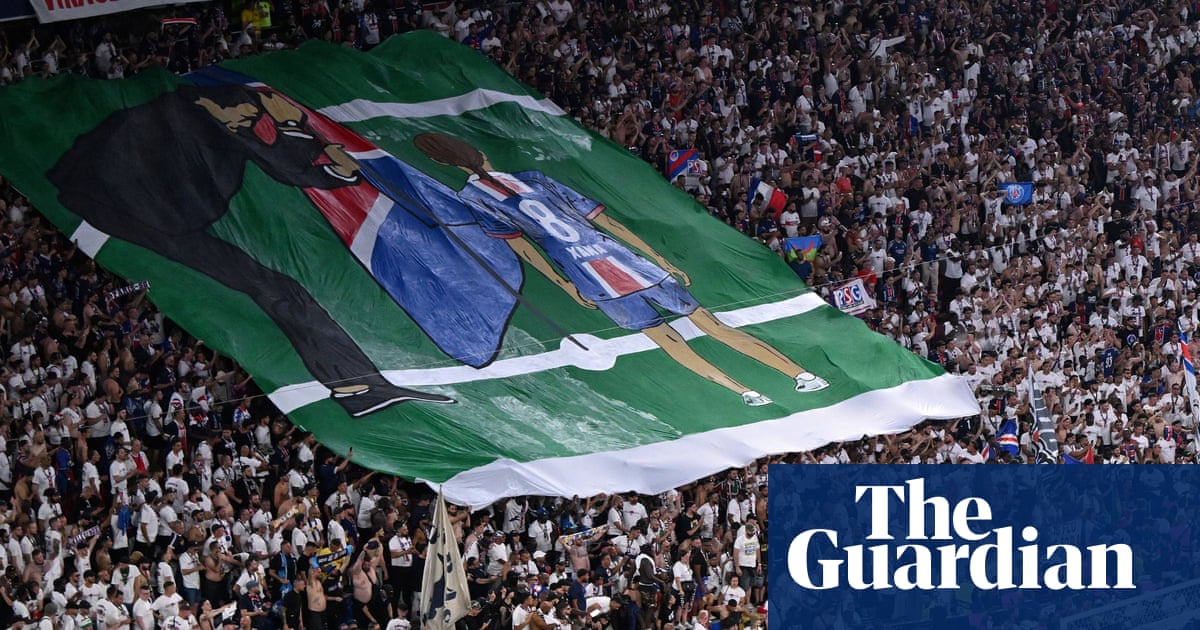The article highlights a poignant moment in the world of sports, particularly in the context of Paris Saint-Germain’s (PSG) historic victory in the UEFA Champions League. It intertwines personal grief with professional triumph, showcasing Luis Enrique’s emotional tribute to his late daughter, Xana. This narrative serves to humanize a coach celebrated for his professional achievements while simultaneously inviting the audience to reflect on themes of loss and remembrance.
Emotional Resonance and Public Sentiment
By focusing on Luis Enrique’s tribute, the article aims to evoke empathy and connection from the audience. It paints a picture of a man who, despite achieving a significant milestone in his career, remains deeply affected by personal tragedy. This duality can resonate profoundly with readers, fostering a sense of community and shared human experience, particularly among those who have faced similar losses.
Media Narrative and Public Perception
The portrayal of this event serves to elevate PSG’s image, not just as a football club but as a community that values personal stories and emotional connections. The tifo displayed by fans signifies a collective acknowledgment of Enrique’s journey, enhancing the narrative around the club's victory. This can lead to a more favorable public perception of PSG, reinforcing its cultural significance in French football and beyond.
Possible Omissions and Manipulation
While the article emphasizes emotional aspects, it may downplay the competitive dynamics of the match or the implications of such a significant defeat for Inter Milan. By focusing predominantly on Luis Enrique’s tribute and PSG’s triumph, there could be an implicit minimization of the opposing team's performance, which could be seen as a form of narrative manipulation.
Comparative Analysis with Other News
In comparison to other sports articles that focus solely on match statistics or team performance, this piece stands out by integrating a personal story. This approach may cater to a different audience segment that appreciates the intersection of sports and personal narratives. Such a storytelling technique can create a more engaging and relatable article.
Societal and Economic Impact
The celebratory tone of the article could bolster PSG’s marketability and brand value, potentially influencing merchandise sales and ticket purchases. The emotional connection established through Luis Enrique’s story may also foster a more supportive fan base, ultimately impacting the club’s financial health positively.
Community Engagement
This article is likely to resonate more with communities that value emotional storytelling, such as family-oriented groups or individuals who appreciate narratives of resilience and remembrance. It is a reminder of the human side of sports, appealing to those who prioritize personal stories over mere statistics.
Influence on Financial Markets
While the immediate impact on stock markets may be limited, the emotional engagement highlighted in the article could lead to increased investments in PSG as a brand, potentially affecting sponsorship deals and partnerships, especially in the sports marketing sector.
Geopolitical Considerations
The article does not directly address broader geopolitical implications, but it does contribute to the ongoing narrative of European football's prominence on the global stage. As PSG continues to build its legacy, it reflects the shifting power dynamics within the sport.
Artificial Intelligence Influence
There is no explicit indication that AI was used in crafting this article. However, certain language patterns and emotional framing suggest a possible influence of AI in content generation, particularly in enhancing the emotional appeal of the narrative. If AI were involved, it could have aimed to guide the tone towards a more human-interest angle, emphasizing Luis Enrique’s personal story.
In conclusion, while the article captures an emotional and significant moment in sports, it also raises questions about narrative focus and potential biases. The balance between celebrating triumph and acknowledging loss is delicate, and this piece navigates that complexity with varying degrees of success. Overall, it serves to connect with readers on a personal level while promoting PSG’s brand identity.
